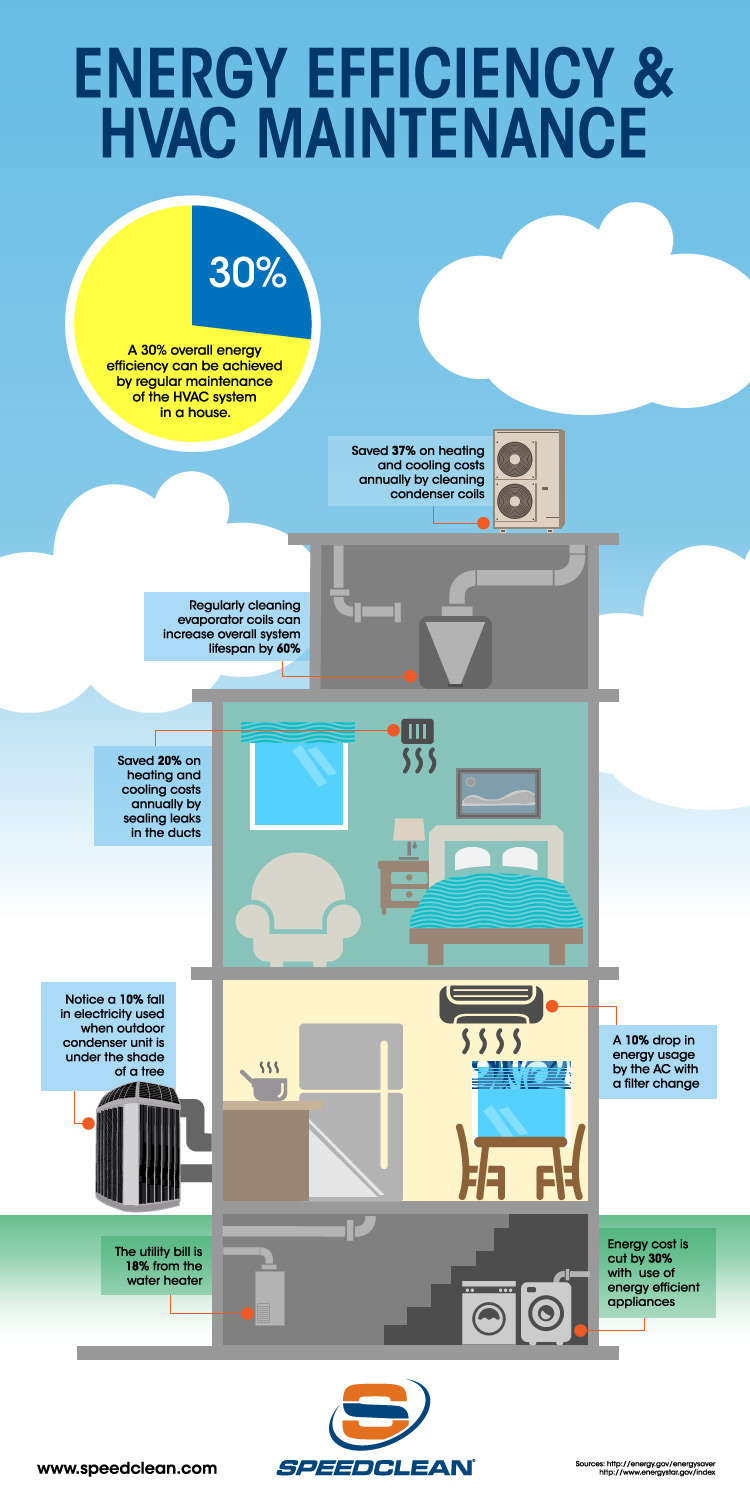The Future Of Home Heating - Exactly How Heat Pump Technology Is Developing
The Future Of Home Heating - Exactly How Heat Pump Technology Is Developing
Blog Article
Created By-Fraser Ringgaard
Heatpump will be an essential modern technology for decarbonising home heating. In a situation regular with federal governments' introduced power and environment dedications, their global capability increases by 2030, while their share in heating rises to one-quarter.
They work best in well-insulated homes and rely on electrical power, which can be provided from an eco-friendly power grid. see this site are making them a lot more reliable, smarter and more affordable.
Fuel Cells
Heatpump use a compressor, refrigerant, coils and followers to relocate the air and warm in homes and devices. They can be powered by solar energy or power from the grid. They have been acquiring appeal because of their affordable, silent procedure and the capacity to generate power throughout peak power demand.
Some firms, like IdaTech and BG MicroGen, are servicing gas cells for home heating. These microgenerators can change a gas boiler and generate several of a residence's electrical needs with a connection to the power grid for the remainder.
Yet there are reasons to be skeptical of using hydrogen for home heating, Rosenow states. It would be costly and inefficient contrasted to various other technologies, and it would certainly add to carbon exhausts.
Smart and Connected Technologies
Smart home technology allows house owners to attach and regulate their gadgets from another location with the use of mobile phone apps. For instance, smart thermostats can learn your home heating choices and instantly get used to optimize energy intake. Smart illumination systems can be regulated with voice commands and automatically shut off lights when you leave the area, decreasing energy waste. And wise plugs can keep track of and handle your electrical use, permitting you to determine and limit energy-hungry appliances.
The tech-savvy house depicted in Carina's meeting is an excellent image of exactly how passengers reconfigure room home heating practices in the light of new smart home technologies. They count on the gadgets' automatic attributes to accomplish daily adjustments and concern them as a convenient methods of performing their home heating methods. Thus, they see no factor to adjust their techniques better in order to allow versatility in their home power demand, and treatments targeting at doing so might deal with resistance from these houses.
Power
Given that heating homes represent 13% people emissions, a button to cleaner options could make a huge distinction. However the modern technology encounters difficulties: It's pricey and calls for substantial home remodellings. And it's not constantly compatible with renewable energy resources, such as solar and wind.
Up until lately, electric heatpump were too pricey to take on gas designs in a lot of markets. Yet https://climate-hvac-engineering73543.liberty-blog.com/29419916/the-ultimate-guide-to-recognizing-heat-pumps-just-how-do-they-function -new developments in style and materials are making them more affordable. And better cool climate efficiency is enabling them to function well even in subzero temperature levels.
The following step in decarbonising heating may be using warmth networks, which draw heat from a main resource, such as a nearby river or sea inlet, and disperse it to a network of homes or structures. That would certainly lower carbon exhausts and allow households to make use of renewable energy, such as eco-friendly electricity from a grid supplied by renewables. This choice would be less costly than switching to hydrogen, a fossil fuel that requires brand-new facilities and would only decrease carbon dioxide exhausts by 5 percent if coupled with enhanced home insulation.
Renewable Energy
As electrical power rates drop, we're beginning to see the exact same trend in home heating that has driven electric vehicles into the mainstream-- yet at an also quicker rate. The solid environment case for electrifying homes has actually been pressed further by new research study.
Renewables represent a considerable share of contemporary heat consumption, yet have been given restricted policy interest internationally contrasted to other end-use fields-- and even much less focus than electrical power has. Partly, this mirrors a mix of consumer inertia, divided rewards and, in several countries, subsidies for fossil fuels.
New technologies can make the shift much easier. For instance, heatpump can be made more energy effective by replacing old R-22 refrigerants with new ones that don't have the high GWPs of their predecessors. Some professionals also imagine area systems that draw heat from a close-by river or sea inlet, like a Norwegian arm. The cozy water can after that be made use of for cooling and heating in a community.